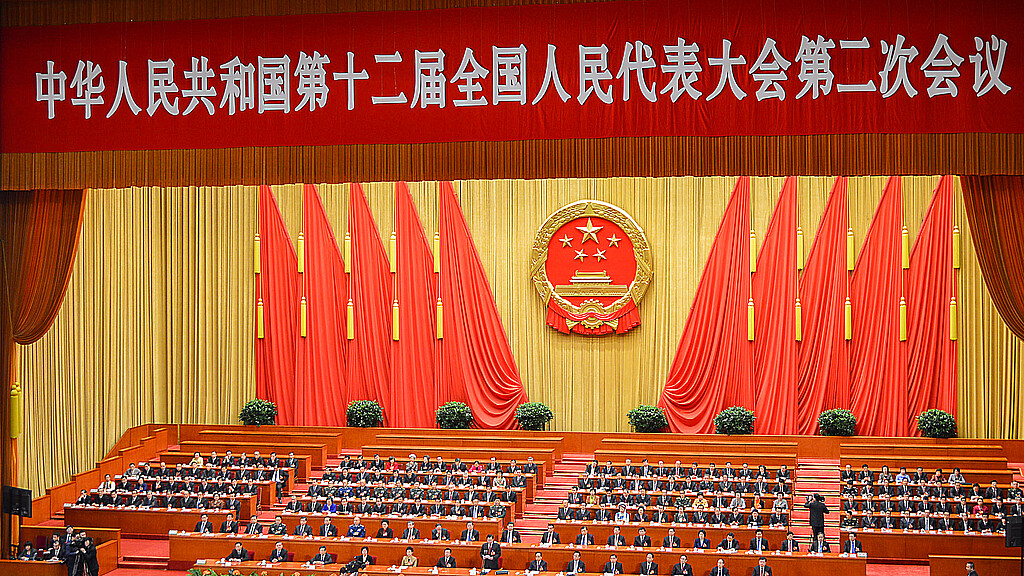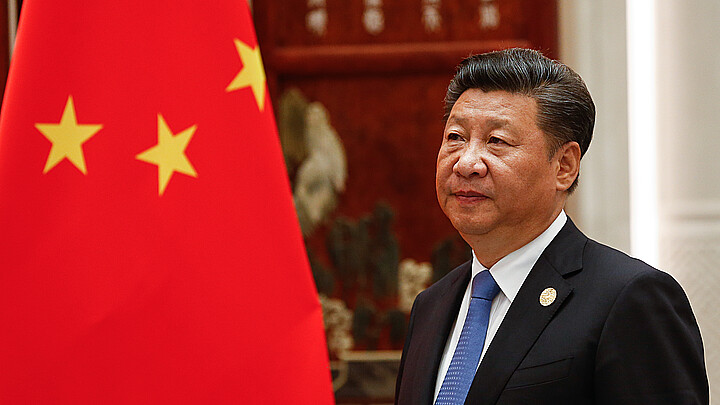Business
New legislation aims to shield U.S. from Chinese Communist Party influence
The Fully Funding Our National Security Priorities Act and Strategic Ports Reporting Act will also strengthen USAID and the State Dept. programs and protest U.S. ports from companies affiliated with the CCP

August 5, 2024 7:35am
Updated: August 5, 2024 7:35am
Virginia Sen. Tim Kaine and Rep. Rob Wittman introduced new legislation this past week to protest the United States from foreign influence originating from China. Kaine, a Democrat and former 2016 running mate for then presidential candidate Hillary Clinton, authored the bipartisan Senate bill with the co-sponsorship of Republican Sen. Todd Young of Indiana.
The Fully Funding Our National Security Priorities Act would require the U.S. Agency for International Development (USAID)and State Department to “submit an annual report to Congress on [their] unfunded programs, activities, and mission requirements.”
The legislation, if passed, would strengthen funding for both agencies as part of a response to a recent 2023 DOS report that indicates the two federal agencies are nearly $41 billion short of “the resources required to effectively combat the People’s Republic of China.”
Citing both economic and security reasons, Wittman’s legislation would also shield U.S. ports from interference by the Chinese Communist Party (CCP). That legislation was also co-sponsored with both Democratic and Republican and representatives from Florida and Massachusetts,
According to the legislation, there are numerous companies in China that own parts of major ports in the U.S. and elsewhere that are a potential threat to American “national security.”
The Strategic Ports Reporting Act calls on the U.S. Department of Defense to conduct a study of China and America’s global port investments, assess America’s resulting vulnerabilities and craft an interagency strategy report on protecting its safety and economic interests. The report would be presented to Congress a year from its enactment.
“As China continues its military aggression in the Indo-Pacific and expands its economic influence across the globe, it is more important than ever that the United States has a plan to counter China’s investments in strategic foreign ports while ensuring resilience of U.S. aligned ports,” Wittman said.
Florida based Sen. Marco Rubio introduced similar legislation in the Senate.
“Florida is home to many of our nation’s key ports,” Rubio said. “We must prevent, at all costs, the chance for our adversaries to use our resources against us.”
Kaine stressed similar concerns.
“China is rapidly expanding its diplomatic footprint around the world. Now is not the time to cut resources at the State Department and USAID. We should be doing the exact opposite,” the Virginia senator said. “I’m introducing this legislation to empower the State Department and USAID and provide a clearer picture to Congress of where we need to allocate resources to ensure we can effectively respond to emerging threats and global challenges.”
The bill sponsored by Kaine and Young has been filed as an amendment to the Fiscal Year 2025 National Defense Authorization Act.










